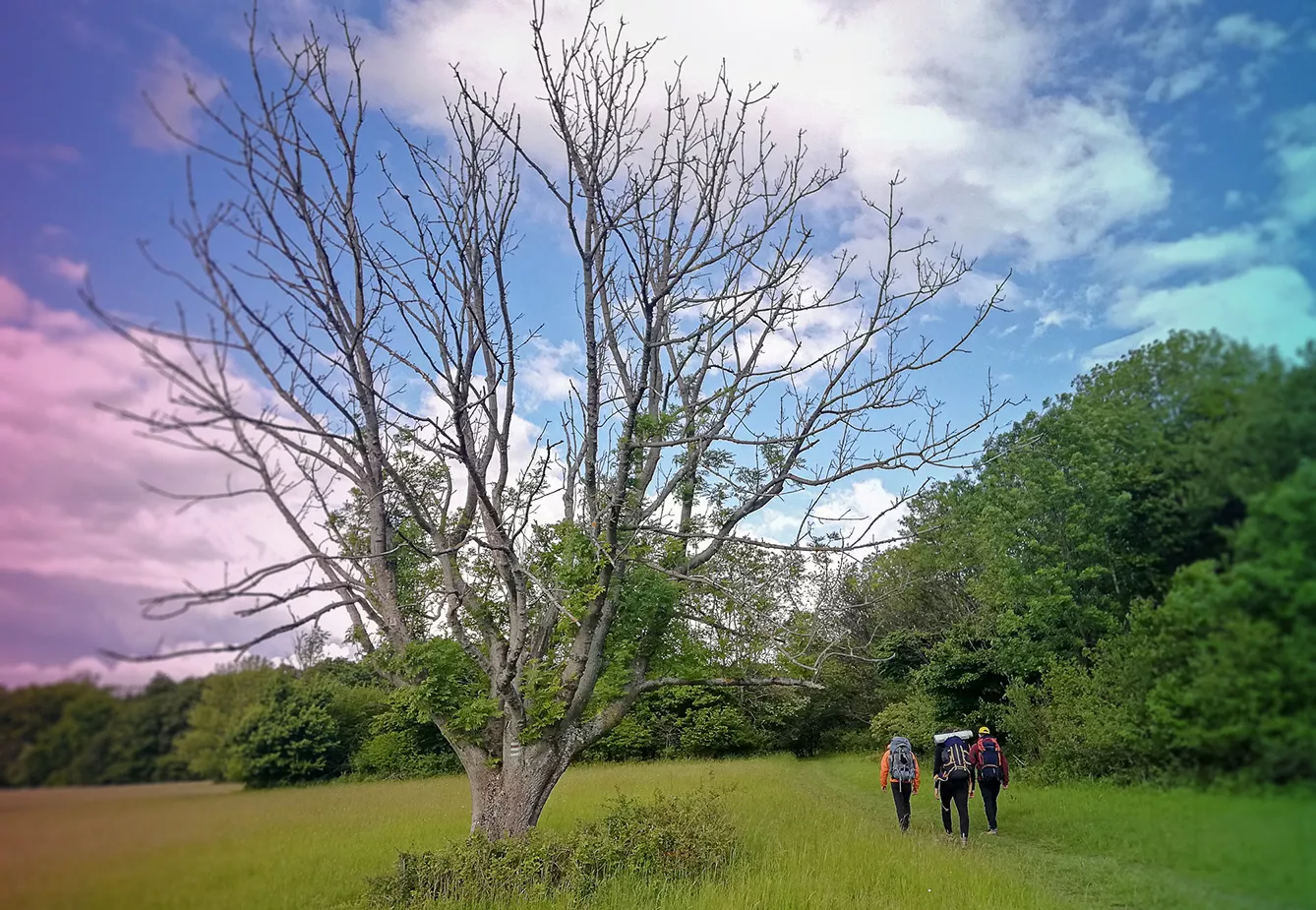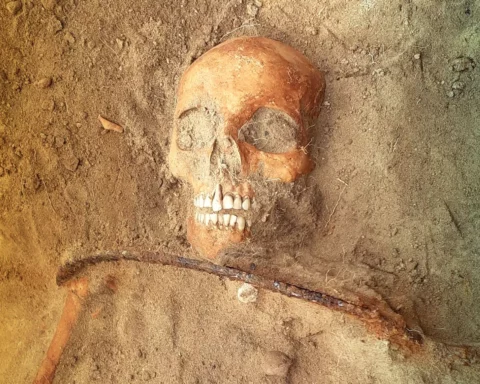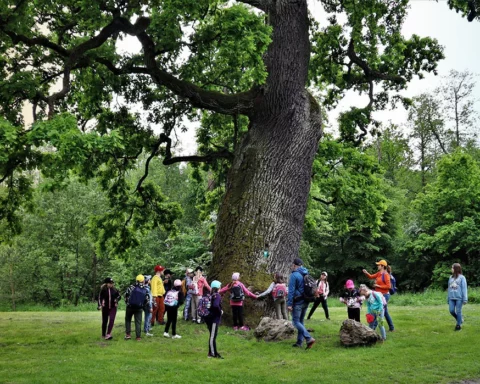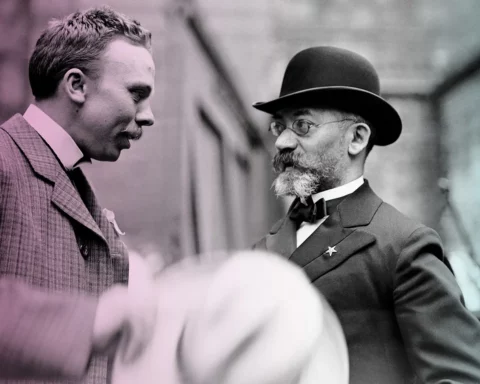Your shift is almost over in an office building in downtown Prague, the capital of Czechia. It’s a hot, early August afternoon, and as you finish the paperwork, you anxiously press the clock to show 5 pm already.
After work, you head home, shower, and change your business suit for an old t-shirt, camouflage pants, military-style boots, and a cowboy hat. You take your trusty backpack and load it with bread, a can of lunchmeat, a knife and spoon, and a sleeping bag. Then you go to the train station where you meet your friends, all similarly dressed and ready for another tramping adventure.
The train ride takes about an hour, and when you reach your destination, you are in the middle of nowhere, with only woods and rivers around you. You hike for the next two hours, and as the sun is setting, you arrive at the tramp campsite where other groups like yours are already waiting. You sit beside the fire the other folks got ready, you share your food, your friend plays the guitar he brought with him as an extra weight on a hike, and you sing, tell stories, and watch stars.
A hundred years of tramping
In the group that got to the campsite (which is just a bonfire in the middle of the woods – no tents or huts) is a young guy. He confesses it’s his first time tramping and raises the fundamental question: “What is tramping anyway? What are we doing here?”
The oldest man with a long beard clears his throat and starts the storytelling: “You know, son,” he stares into the fire, “our movement officially began in 1918 when our Republic was born. With people being free, they wanted to travel and discover the land that was truly theirs. We found the inspiration in the Wild West and cowboy stories, hence the hats. We are traveling hard roads; that’s why we have those boots. We are surviving and living in nature. That’s the reason for those camouflage garments.”
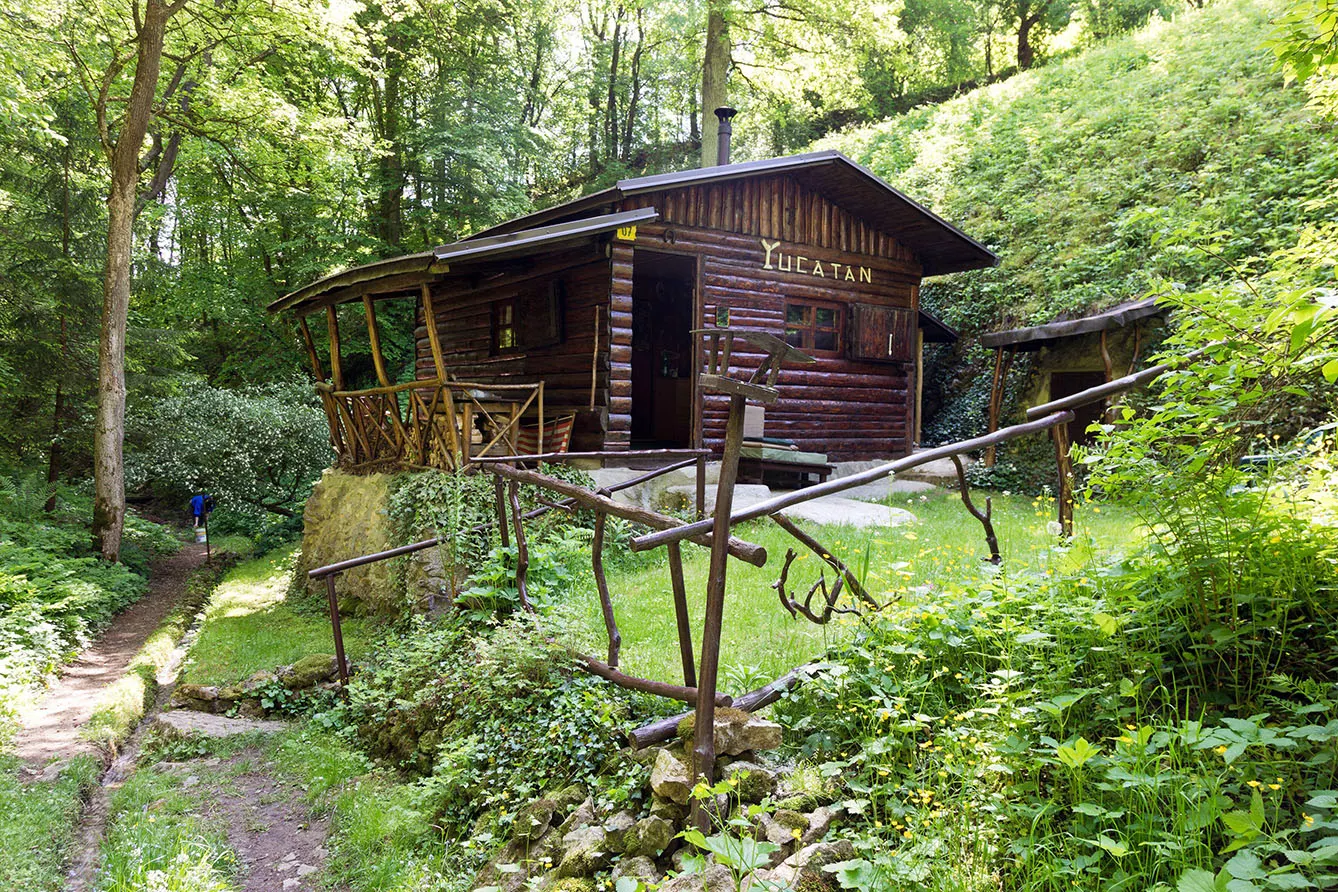
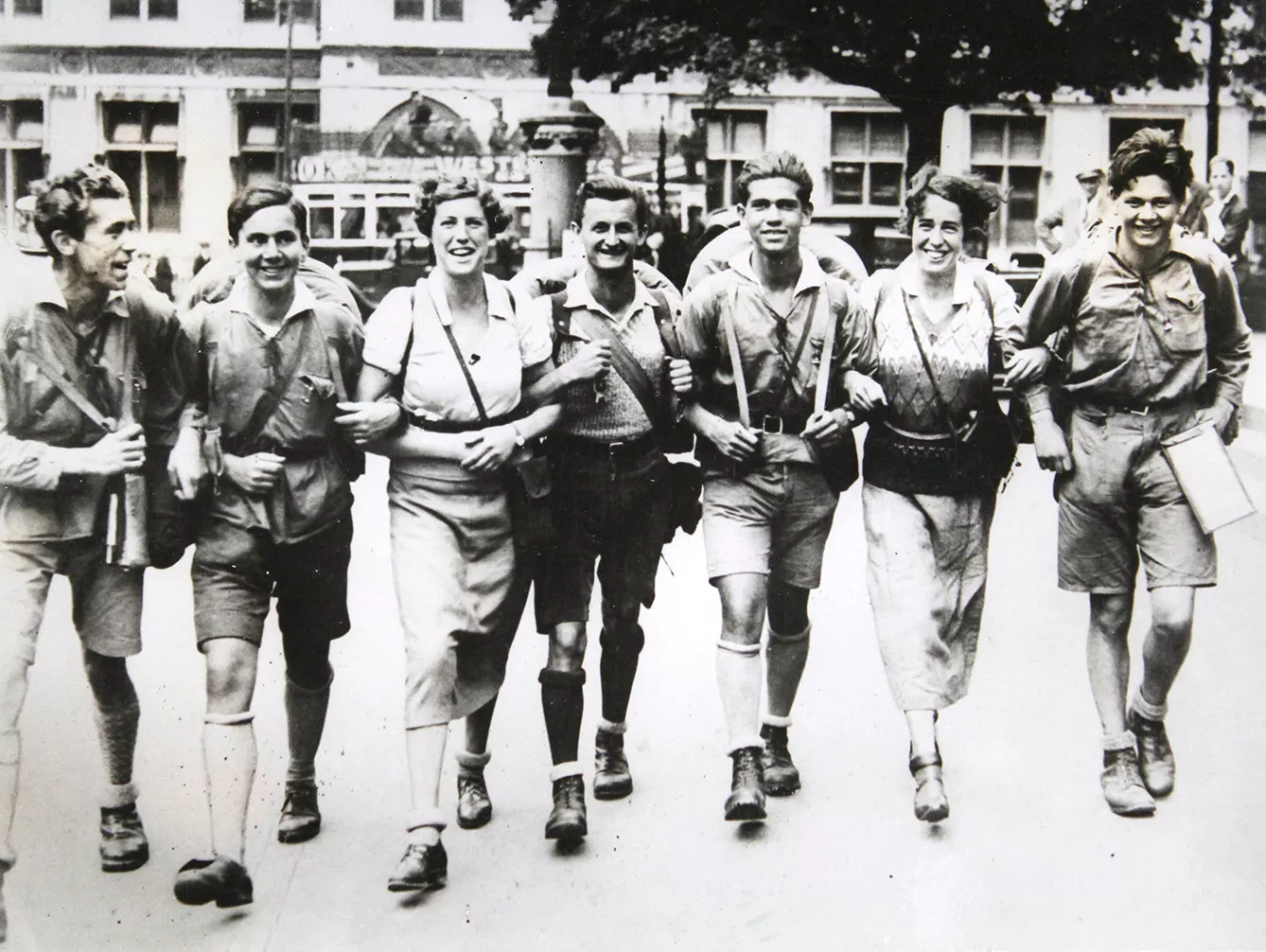
“Our movement became so popular that we built settlements and even had whole colonies in the wilderness. Like this one: Ztracená naděje (Forlorn Hope Colony). We have been tramping on this site since 1918. But then the Nazis forbade us to do that because every authoritarian regime fears a genuinely free man: surviving in nature and not needing the government. But we survived and still live on. The communists don’t like us either, but they tolerate us.”
Czech tramping: apolitical freedom
The young one asks: “So we are an opposition to the regime?” his voice giving away the fear. The old bard stands up and throws another log into the fire. He then looks at him and says: “Not at all. We don’t care about the government. We are free-roaming wanderers who occasionally live in the woods; we sing cowboy and tramp songs, drink, and eat. We want to be with our friends in peace, alone. We are surrounded by trees and wildlife, drinking the water of rivers, eating wild berries, and eventually, we return to our everyday lives at the end of the weekend or holidays.”
And as he finishes, your friend starts playing the guitar, and you all sing, drink and eat the sausages you baked on the fire as the old bard was storytelling. He was absolutely right. You will spend a beautiful weekend in the woods, and by Sunday afternoon, you will slowly make your way back to Prague. You can take a hot shower (unlike the one you took in the cold river in the woods), get some sleep, and go to work the next day. But all you will be thinking about is the wilderness.
So, now, wherever you are in the World, you know what the Czech definition of tramping is. It is a way to live closer to nature, your friends, and your country.


